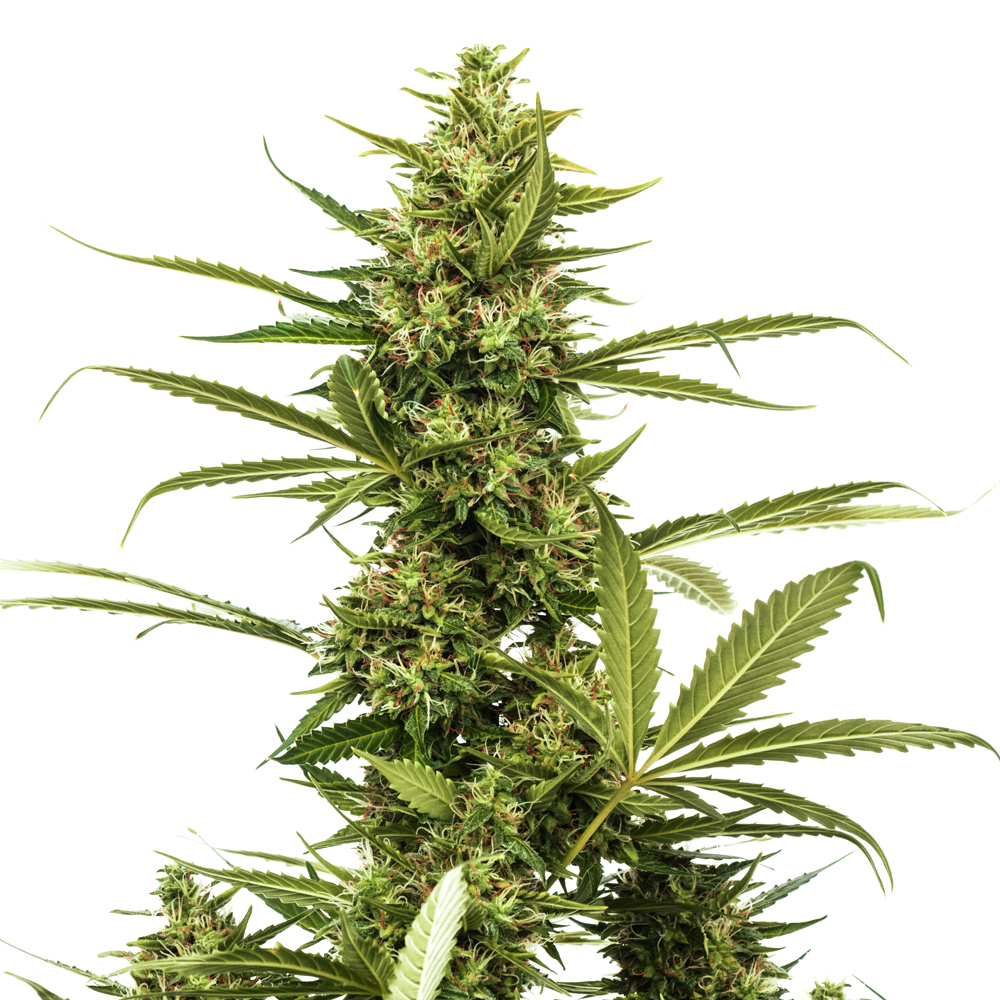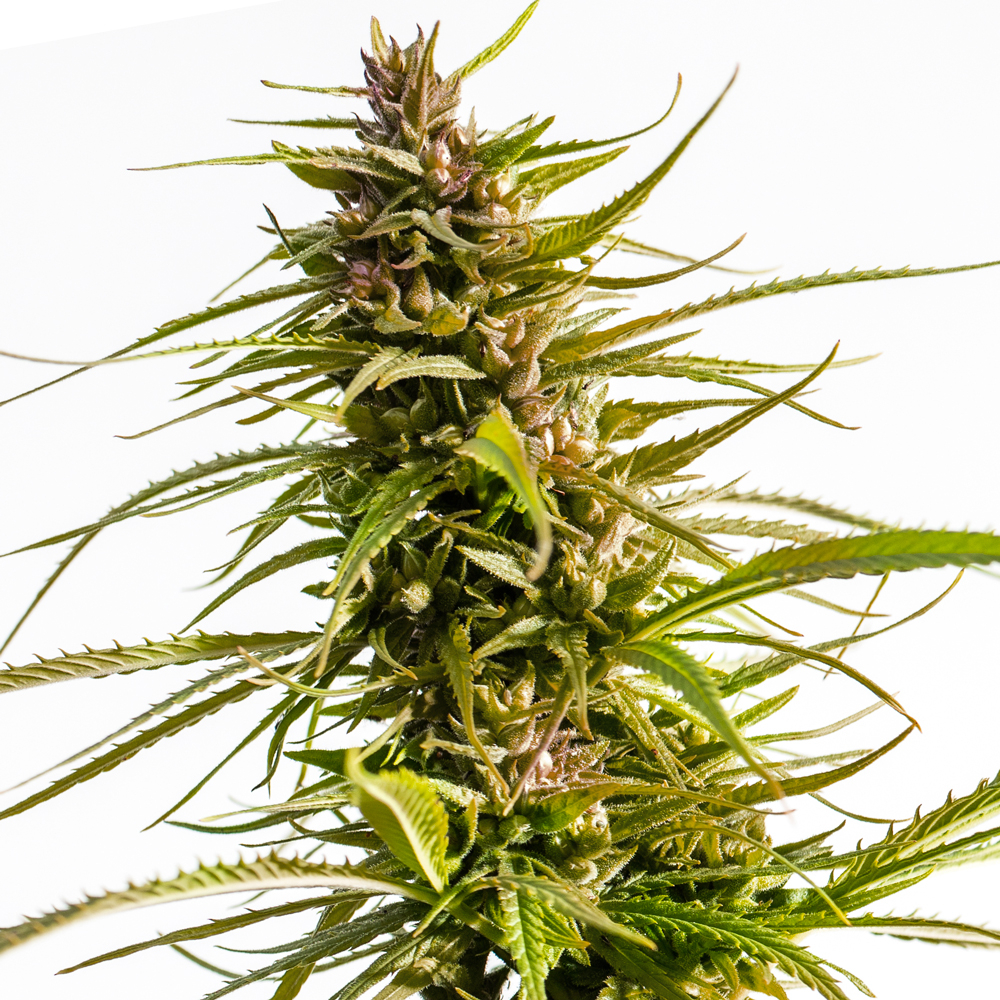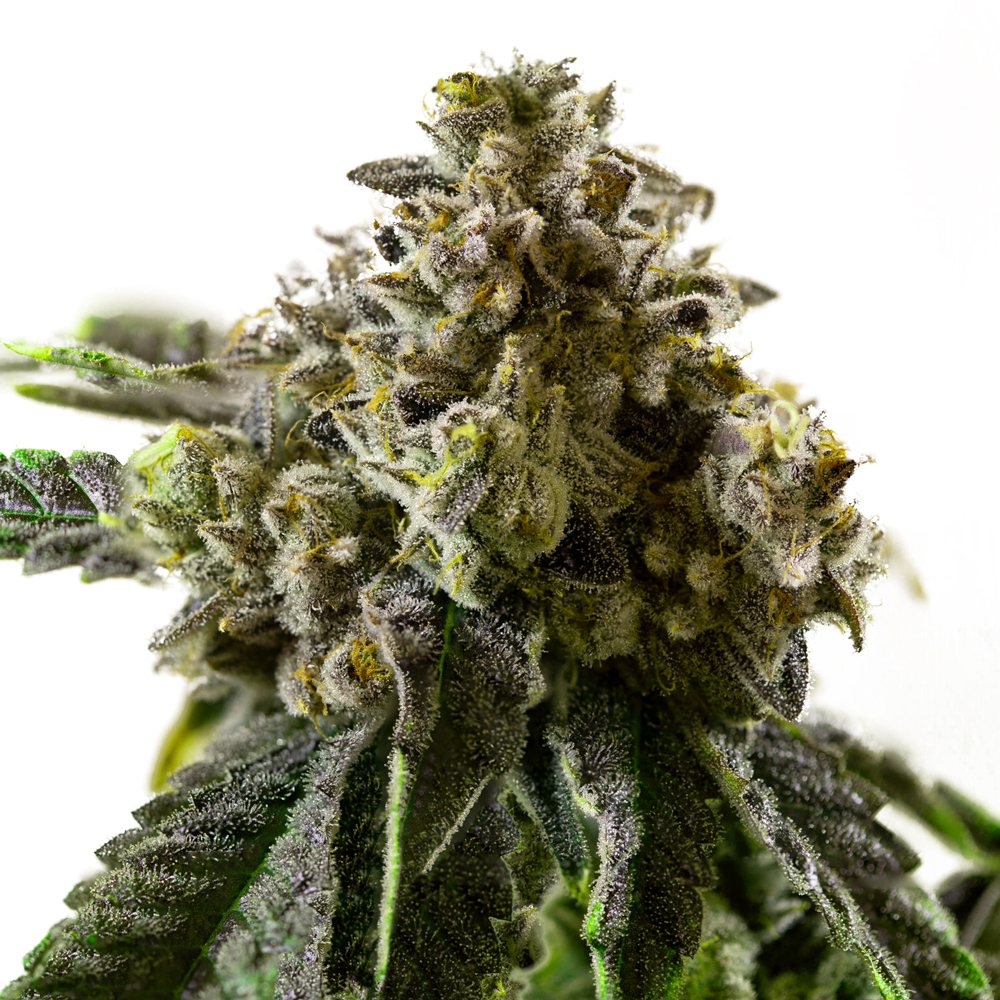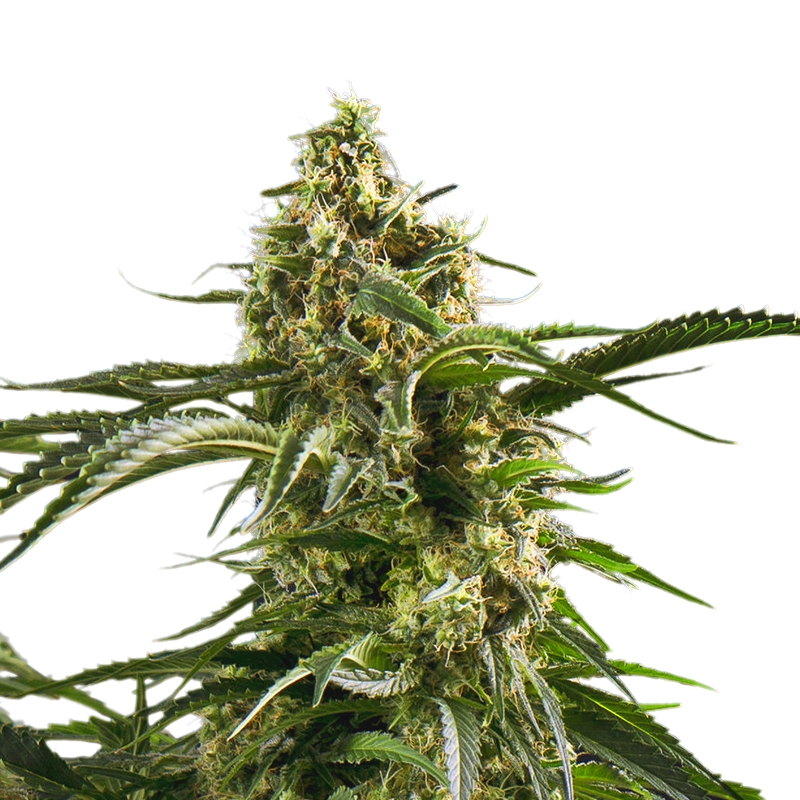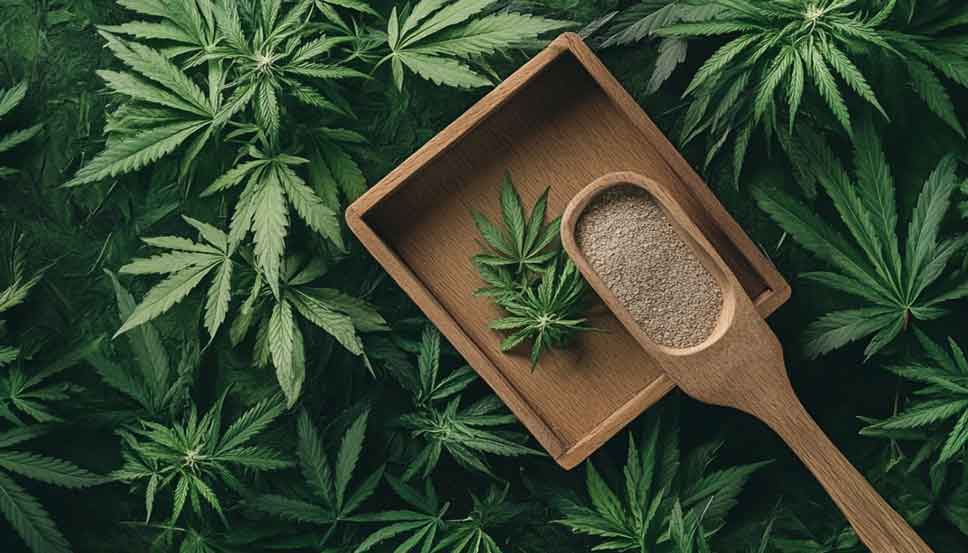Cannabis Cultivation and Sugar
In the world of cannabis cultivation, several factors play a crucial role in determining the quality and yield of the final product. One such factor that has gained significant attention is the impact of sugar on cannabis plants. In this comprehensive guide, we will explore the effects of sugar on cannabis cultivation and its potential benefits. Whether you’re a seasoned grower or a beginner, understanding the relationship between sugar and cannabis can help you optimize your cultivation process.
Understanding the Role of Sugar in Cannabis Plants
Sugar, in the form of carbohydrates, is an essential component for plant growth and development. It acts as a source of energy and plays a vital role in various metabolic processes within the cannabis plant. Through a process called photosynthesis, plants convert light energy into chemical energy in the form of sugars. These sugars are then utilized by the plant to fuel its growth, flower development, and overall health.

The Relationship Between Sugar and Flowering
During the flowering stage, sugar becomes even more critical for cannabis plants. The energy provided by sugars supports the production of flowers and the synthesis of cannabinoids and terpenes, the compounds responsible for the plant’s unique aroma and effects. Supplying an adequate amount of sugar during this phase can lead to improved flower development and enhanced resin production.
Sugar Supplements: Maximizing Cannabis Yield and Quality
To harness the potential benefits of sugar, many cannabis cultivators opt for sugar supplements. These supplements are designed to provide an additional source of carbohydrates to the plants, augmenting their natural sugar production. By incorporating sugar supplements into their cultivation regimen, growers aim to optimize the plant’s metabolic processes and ultimately increase the yield and quality of the final product.
The Importance of Proper Nutrition in Cannabis Cultivation
Achieving healthy and vigorous cannabis plants requires a balanced and nutrient-rich diet. Just like humans, plants require essential nutrients to thrive, and providing them with proper nutrition is crucial for optimal growth. Alongside macronutrients such as nitrogen, phosphorus, and potassium, cannabis plants also require an adequate supply of micronutrients like iron, manganese, and zinc. By ensuring a well-rounded nutrient profile, cultivators can lay the foundation for successful cannabis cultivation.
The Significance of Carbohydrates in Plant Growth
Carbohydrates, including sugars, are one of the primary macronutrients essential for plant growth. They provide the energy required for various physiological processes, including cell division, growth, and flower development. In cannabis cultivation, a sufficient supply of carbohydrates ensures that the plant has the necessary resources to produce robust flowers with high resin content. Furthermore, carbohydrates play a crucial role in nutrient uptake and utilization, helping plants absorb other essential nutrients effectively.
The Crucial Role of Sugar during the Flowering Stage
The flowering stage is a critical phase in cannabis cultivation, as it directly impacts the final yield and quality of the buds. At this stage, the demand, for energy significantly increases as the plant focuses its resources on flower production. Supplying an ample amount of sugar during this phase can enhance the plant’s metabolic activities, leading to improved flower development and resin production. The increased sugar availability also promotes the synthesis of cannabinoids and terpenes, which contribute to the plant’s medicinal and aromatic properties.

Understanding Sugar Supplements for Cannabis Plants
Sugar supplements are a popular choice among cannabis cultivators looking to optimize their yields and enhance the quality of their harvests. These supplements typically contain a blend of simple and complex carbohydrates, along with other beneficial ingredients such as vitamins and amino acids. By providing an additional source of sugar, these supplements aim to support the plant’s energy needs, promote robust flower formation, and improve overall plant health. However, it’s important to note that sugar supplements should be used judiciously, following the manufacturer’s recommendations, to avoid overfeeding or imbalances in the nutrient profile.
Conclusion
The impact of sugar on cannabis cultivation cannot be overlooked. By understanding the role of sugar and providing the plant with adequate nutrition, cultivators can optimize their yields, enhance resin production, and ultimately achieve a high-quality harvest. Whether through natural sugar production within the plant or the use of sugar supplements, incorporating this essential nutrient into the cultivation process can contribute to the overall success of cannabis cultivation. Remember, a well-fed plant is a happy plant, and a happy plant yields bountiful and potent buds.
FAQs about Sugar and Cannabis
What is the relationship between sugar and flowering in cannabis plants?
Sugar plays a critical role during the flowering stage of cannabis plants. It provides the energy needed for flower development and the production of cannabinoids and terpenes, which contribute to the plant's aroma and effects.
How can sugar supplements maximize cannabis yield and quality?
Sugar supplements are used to enhance cannabis cultivation outcomes. These supplements provide additional carbohydrates, augmenting the plant's natural sugar production. By optimizing the plant's metabolic processes, sugar supplements can increase yield and improve the quality of the final product.
Why are carbohydrates, including sugars, important for plant growth?
Carbohydrates, such as sugars, are crucial macronutrients for plant growth. They provide energy for various physiological processes, including cell division, growth, and flower development. Adequate carbohydrate supply ensures robust flower formation, high resin content, and efficient nutrient absorption.



